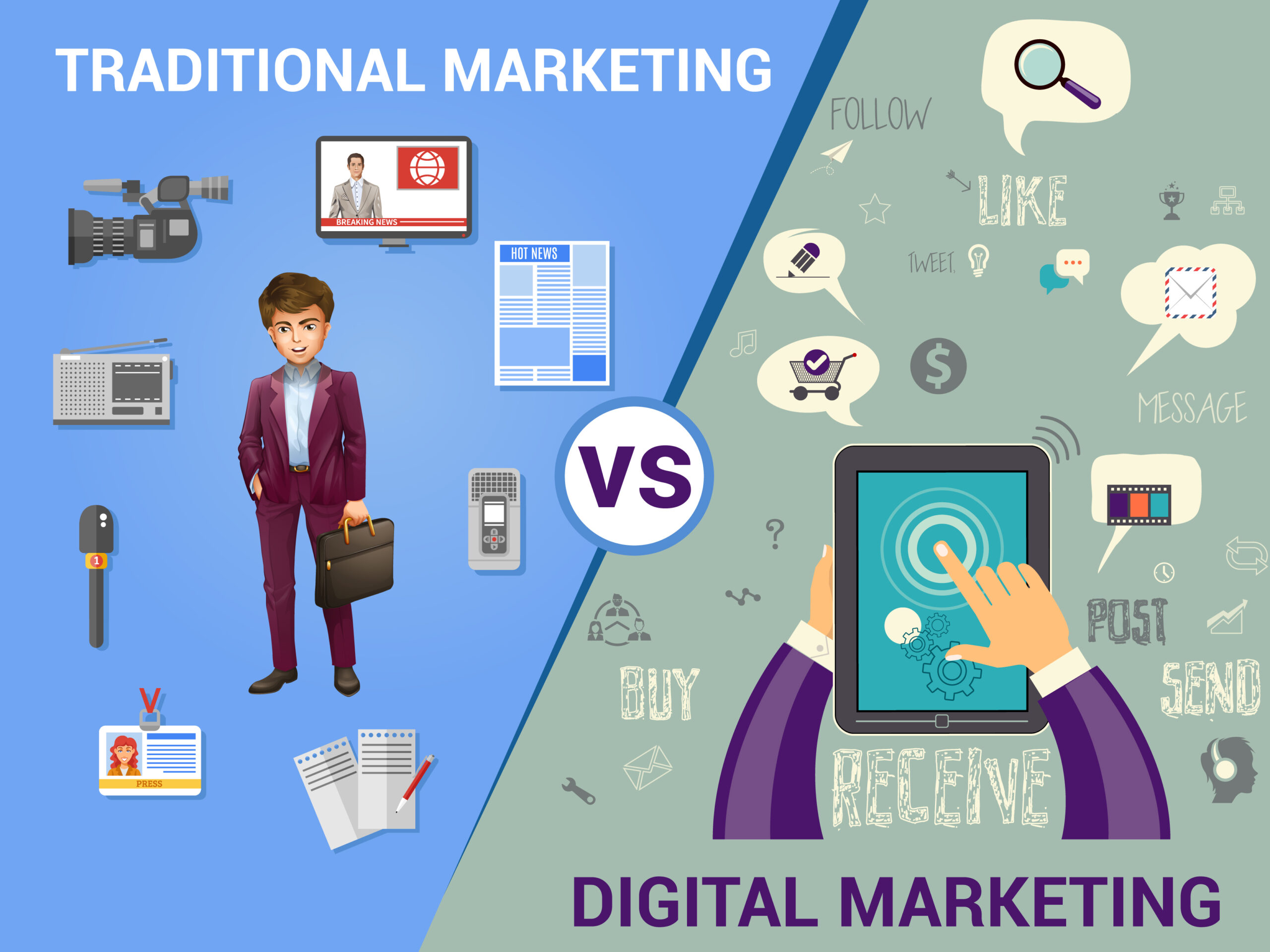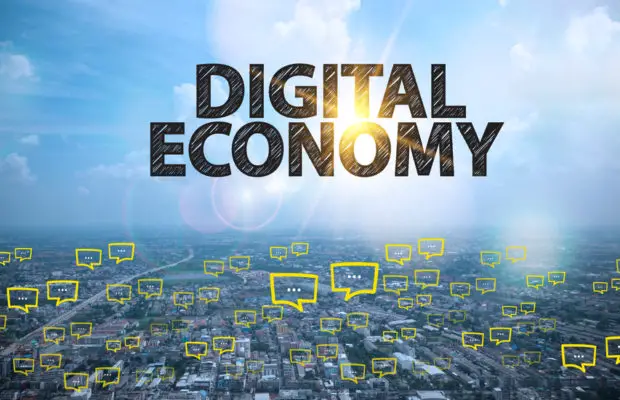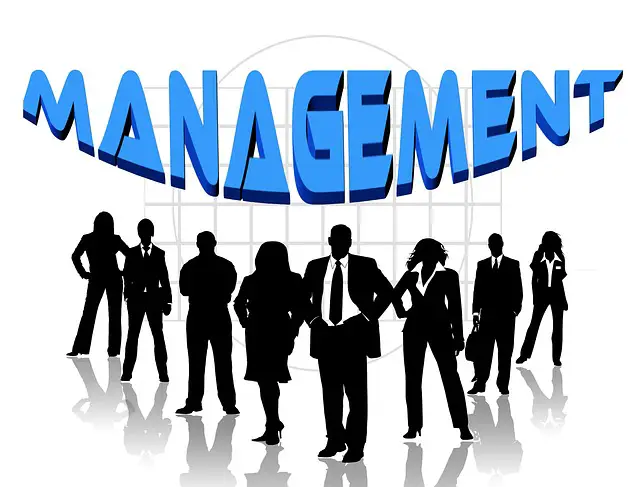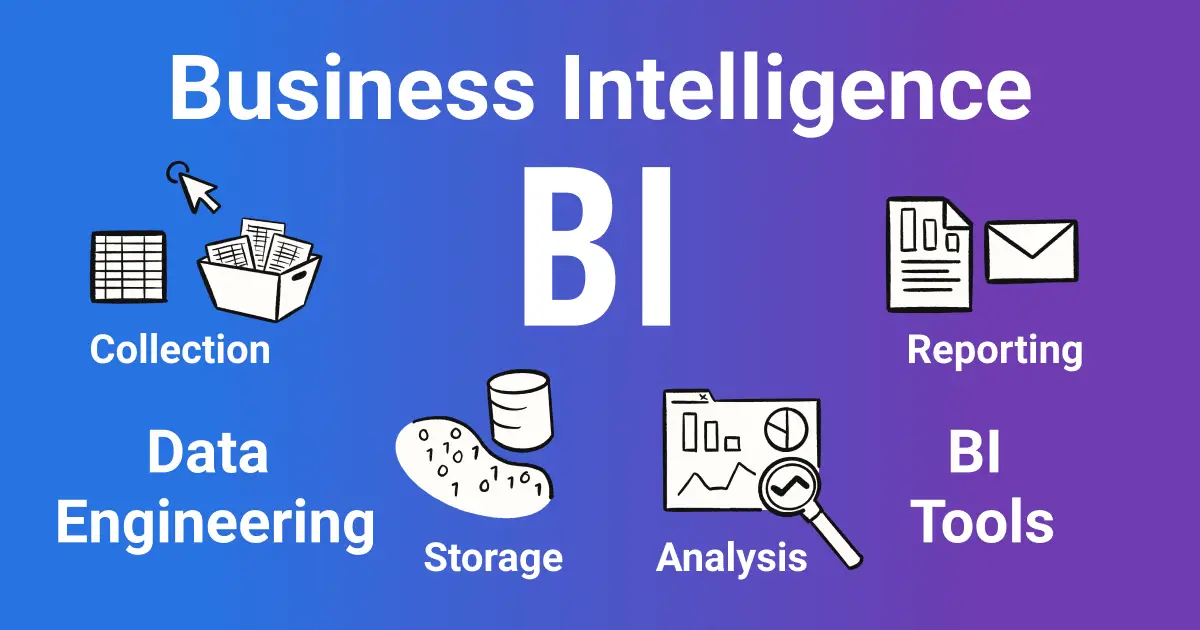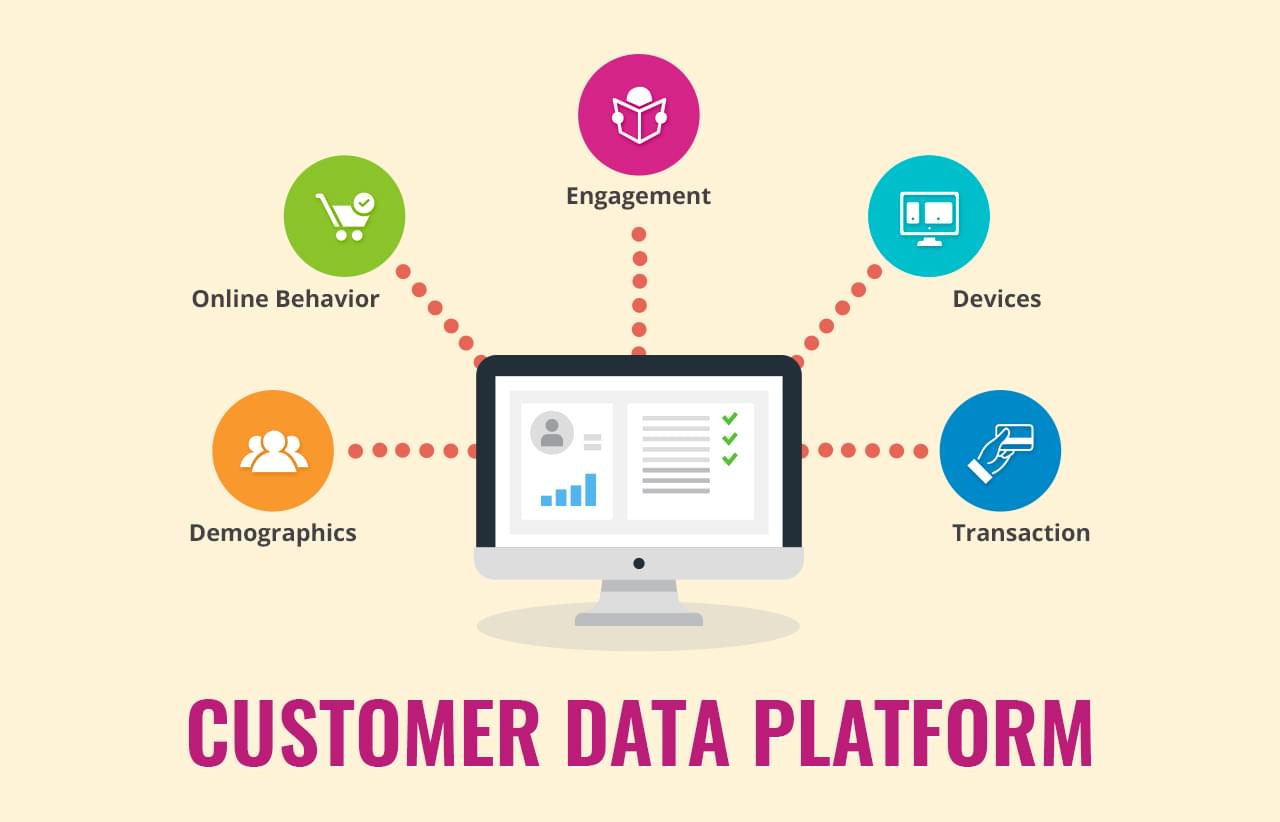Difference Between Traditional and Digital Marketing Traditional marketing and digital marketing are two distinct approaches to promote products or services. While both aim to reach and engage with a target audience, they differ in terms of the channels used, targeting capabilities, and measurement methods What is meant by the term “traditional marketing”? The marketing tactics that are used in the past, before the widespread use of the internet, fall under the umbrella term known as “traditional marketing.” These practices have been around for decades, although they are normally used much less often these days. In spite of this, they continue to possess some of their capabilities in the field of technologically savvy marketing. Traditional marketing strategies often involve the following: Postal discounts, post cards, and informational packets sent directly to recipients Radio or television advertisements Ads published in periodicals such as newspapers or magazines Flyers and billboards are examples. Contact may be made through e-mail, phone, or text messaging. What exactly does “digital marketing” mean? The word “digital marketing” refers to the overall marketing strategy that allows businesses and endorsers of brands to communicate with customers through commercials, emails, websites, mobile apps, search engine optimization, celebrities, and sponsored promotions on social media platforms. Digital advertising and marketing is an all-encompassing term for the full marketing approach. Because these methods do not involve the use of actual objects, the costs of inventory, transportation, and any other associated charges may be reduced. In the last several years, social media have seen an explosion in their level of popularity. Nearly every business and brand in the world now promotes and broadcasts its goods and services using one or more of the many social media giants. As a result, the use of these approaches is increasing all around the world and making conventional ways…
Month: June 2023
What is Meant by the Term Digital Economy
Just what is meant by the term “digital economy,” exactly? When it comes to doing business and having conversations digital economy, the whole globe is becoming more reliant on the infrastructure of the web. The digital economy is made up of all of these recurrent encounters, which together make up a group of online transactions. To put it another way, each and every rupees that you invest on making different orders contributes to the growth of the digital economy as a whole. The hyperconnectivity that exists between individuals today, despite the fact that physical boundaries have been broken down, is the single most important cog in this whole digital architecture. Because of this connectedness, the company has been able to expand its operations on a worldwide scale by building digital alliances with foreign partners. As a result, the company has been able to jump forward towards updated infrastructures and improved intra-organizational cultures. What are the components of the digital economy? The infrastructure With the assistance of automation and technological advances, the standard operating procedures for running a firm have been modernised and expanded. New software and technology are helping to make processes far more efficient, while human capital is becoming more qualified to handle these heightened efficiencies. There are experts in each field who are in charge of ensuring that the procedures are carried out to perfection.If you think that the expanding subject of digital business management could be something that piques your interest. This area of study is seeing rapid growth. E-Business Numerous tools and pieces of software that provide organisations with effective services in the areas of automation and the monitoring of data. Every internet company has the ability to make use of this data by using monitoring and customer relationship management software. Information is the most valuable…
What exactly Is Management and Its Levels
What Is Management? Management is the process of making effective use of a company’s resources in order to accomplish the company’s commercial objectives. It entails arranging and guiding the activities and procedures, as well as the people, in order to achieve the goals of the company. Managers are put in charge of an organisation in order to provide an environment in which employees may work productively and successfully to reach their full potential. Managers take on a variety of responsibilities, which might vary based on the business unit they oversee or the position they hold. It is impossible to describe the work in a single statement. The following is a list of some of the duties that managers are expected to carry out in the course of their jobs. Develop a number of different aims and targets. Make sure everything is on the schedule for the various jobs. Create plans that will increase both production and efficiency, as well as performance. Ensure that all business and statutory policies, as well as legislation, are adhered to. Employees will be developed and coached.7yhg Maintain a close eye on productivity, as well as performance and finances. Address concerns raised by customers. Instruction for workers This is just a partial list, since the responsibilities of an administrator will vary depending on the organisation and the specific department. In a nutshell, a manager’s primary responsibility is to guarantee that the company’s goals are met while also being able to handle any task or scenario that may arise. Levels Of Management Every business has managers located at a variety of levels within the company. The designations given to them may be different from one firm to the next. However, the majority of these professions are classified into one of 3 management levels. The top management These…
What exactly is business intelligence and its forms
Business intelligence and its forms The term “business intelligence” refers to the process of gathering, analyzing, and displaying data to assist companies in making more informed choices. Tools and services for business intelligence (BI) may give insights about customers, rivals, and trends in the industry. Business intelligence has the potential to enhance marketing efforts, product creation, financial planning, and operational efficiency. Business intelligence may also assist in the discovery of new business possibilities and the optimization of operations. In recent years, organizations have grown increasingly data-driven, which has led to an increase in the use of business intelligence software. The emergence of big information as well as the growth in popularity of analytical systems have rendered it much simpler for enterprises to acquire and evaluate significant quantities of data. It is important to pay attention to a number of critical developments in business intelligence, including the following: Artificial intelligence (AI) and machine learning (ML) are growing more popular in the field of predictive analytics. These technologies may be used to recognize patterns and trends within data sets, which leads to more accurate forecasts of what will happen in the future. Users are able to access and evaluate data without the aid of either information technology or an analyst of data, making self-service business intelligence technologies more popular. This trend gives corporate users more agency and expedites the decision-making process. As more individuals utilize handheld devices for getting information, another trend that is rising is mobile business intelligence (BI). Mobile business intelligence applications enable consumers to see reports and information on their mobile devices, such as smartphones and tablets, which makes it easier for users to make choices while they are moving about. A complete introduction to business analytics and other technological advances is provided as part of the Advanced…
Effective Methods for Arranging and Maintaining Your Customers Data
Effective Methods for Arranging and Maintaining Your Customers Data Your company will be able to function without a hitch if its client information is well-organized, and you will have no trouble accessing the details you want for email marketing, scheduling appointments, producing reports, and other purposes. 1. Organize all of your contacts under one roof by using an advanced CRM system. A powerful online system such as Keap provides all of the functionality that you want via your customer relationship management (CRM) system and makes it simple for all users to get access from any location. 2. Figure out which data about your contact is necessary to maintain and what may be discarded. For even the most basic forms of contact, standard information such as a username, cell phone number, and electronic address are required. If you want to send birthday greetings to a someone or offer someone a special deal on their special day, it is important to know when that person’s birthday is. 3. Keep a record of how your contacts engage with the stuff you provide. It is important to keep track of information about purchases and interactions in order to be ready to offer customised communication to your connections. This includes a record of previous purchases, an abandoned shopping cart, the opening and clicking on emails, and plenty more. This information allows you to better understand the interests of your contacts in relation to your goods and/or services, and it allows you to send them messages and offers that are more pertinent to their needs. 4. Divide up the information in your contact records. Create appropriate categories for each of your contact data, and organize them. This might refer to those who have subscribed to your newsletter, the stage of their purchasing journey they are now…
Managerial Economics Meaning, Principles & Structures
What exactly does Managerial Economics Meaning, Principles & Structures What precisely does “Managerial Economics” entail? It is believed that managerial economics applies economic theory and concepts to the process of making corporate decisions. It focuses on the ways in which economic analysis may be used to the formulation and resolution of issues that arise in business. The field of managerial economics is relatively new, having emerged from the studies of academics in the beginning of the twentieth century who understood that firms had unique decision-making difficulties that were unable to be addressed using standard economic theories. This work led to the development of managerial economics as a subject. As time has passed, the study of management economics has evolved into its own unique area of research with its own body of knowledge and techniques of analysis. Theoretical Foundations of Managerial Economics Definitions “Managerial Economics: An Introduction” is the name of the book that L. Pappas and E. F. Brigham authored together on the topic of management economics. They describe management economics as “the integration of economic evaluation to making decisions inside an organisation,” with the emphasis that it should help managers make choices that will enhance the efficiency and profitability of the business. Explain A Conceptualization of Managerial Economics In its most basic form, managerial economics may be defined as the integration to economic theory and methodology to the process of making company decisions. It examines the ways in which managers put economic theories and methods to work in order to arrive at prudent judgements for their companies. The gap that exists between the mathematical foundations of economics and the practise of management is closed by managerial economics. It makes recommendations based on microeconomic theory in order to help businesses run as effectively as possible. In addition to this, it…
MBA- Master of Business Administration Designed for Professionals
MBA for Professionals The completion of a graduate degree in business administration (MBA), which is commonly pursued by working professionals, normally takes two years. There are several circumstances in which having an MBA is advantageous. It may help you advance in your current position, earn a greater pay, launch your own company, or even switch to a different line of work. The areas of finance, accounting, advertising, and management are just few of the subjects that are covered in MBA programmes. Because of this, graduates of MBA programmes become balanced executives who are ready for jobs of leadership. There are many various kinds of MBA programmes accessible; thus, it is essential to choose one that meets your requirements and caters to your professional objectives. For instance, full-time Master of Business Administration (MBA) programmes are intended for students who want to pursue an occupation related to business following completion. There are also MBA programmes available online and part-time for working professionals who wish to get their bachelor’s degree while remaining to work full-time. These programmes are designed specifically for them. Your investment will be well worth it, regardless of the sort of MBA programme that you decide to enrol in. A master’s degree in business administration is a priceless tool that may assist you in achieving your career objectives. Overview – MBA A Master of Business Administration, sometimes known as an MBA, is a degree earned at the graduate level. The curriculum for a Master of Business Administration will include a variety of subjects, including business ethics, finances, accounting, advertising, and strategy. The usual length of time needed to graduate from an MBA programme is two years. MBA programmes are designed to meet the educational needs of working individuals who are interested in advancing their business careers. They provide a flexible…
Suggestions for Navigating Through Virtual Performance Evaluations
Virtual Performance Evaluations Managers act as stress buffers for both their organisations and the workers under their supervision. This is due to the fact that performance assessments, in particular, demand them to pass judgement on another individual, which is, at the very least, awkward and may create a great deal of stress. When you add in the need of conducting a performance evaluation online, the transaction takes on an additional layer of complexity. Given that there is no opportunity for direct connection between the parties involved, the likelihood of a misunderstanding occurring is significantly increased. There are, to both parties’ relief, three things that can be done to render a virtual performance evaluation less nerve-wracking for everyone involved. 1. Accumulate cold, hard facts. In situations such this, in which there is still a lot of unpredictability and change, one of the primary issues that managers have is that they lack sufficient information to effectively conduct performance reviews. Because managers don’t get to meet their subordinates in person when they work from home, it’s possible that whatever favourable or negative biases they already have towards workers may become much more pronounced. To be more specific, there is a danger of managers falling into the trap of believing that their high-performing people are unquestionably doing a fantastic job, while low-performing staff members are certain to be suffering. It is vital to be conscious of such prejudices in order to handle this issue, and the attention should be placed on uncovering hard evidence about the employee’s performance. To begin, you should get comments from a couple of coworkers who are on a first-name basis with the employee. Because these individuals will be familiar with every facet of the the individual’s employment, the viewpoint that they provide is quite helpful. You might also ask…

